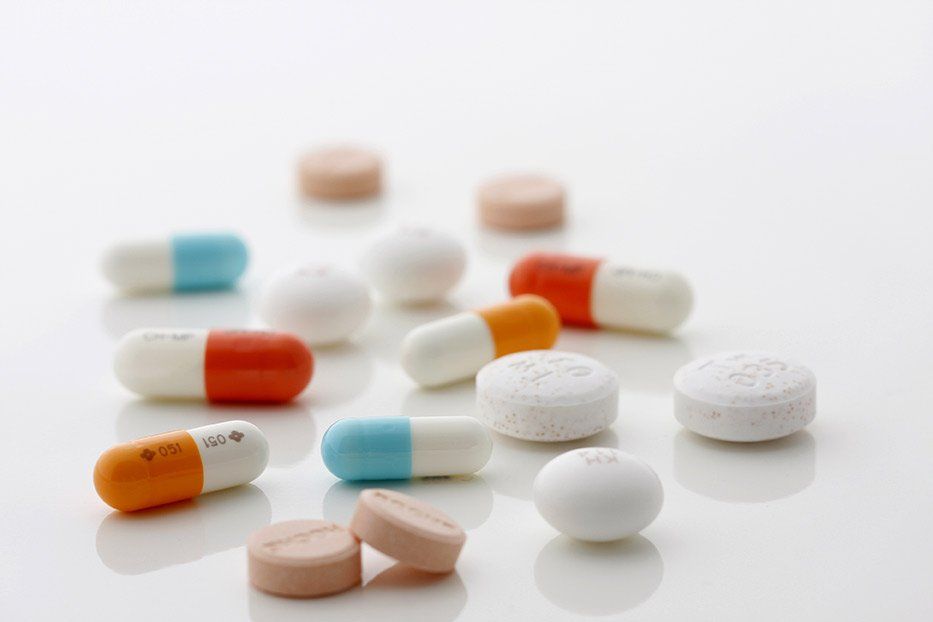Blog Layout
HOW TO LOWER CHOLESTEROL?
March 4, 2021
HOW TO LOWER CHOLESTEROL?
How to lower cholesterol naturally begins with a determination of the type of cholesterol that is present in your body. There are two types, namely, low-density lipoprotein or LDL and high-density lipoprotein or HDL.
LDL is the type that is primarily responsible for heart disease, while HDL is considered to be an antioxidant. These substances occur naturally in the body and are needed for healthy living. But in the context of LDL cholesterol, there are several factors that can block its absorption or transportation. These include, among others, plant foods, saturated fat, obesity, tobacco use and elevated blood pressure. These factors are commonly found in many people around the world. It is these individuals who need to know how to lower cholesterol levels because it could happen to them one day.
For many people around the world, the only way to naturally decrease LDL cholesterol is to make appropriate dietary changes. Among these dietary changes would be a reduction in saturated fat and an increase in fiber intake. Saturated fat is found in fatty meats, cookies, cakes and other food sources. Consequently, if you want to have lower LDL cholesterol, then you need to decrease the consumption of animal-derived foods such as butter, cheese, eggs, meat spreads and other processed fats.
Conversely, increasing the fiber intake will help you in your quest to lower LDL cholesterol. High fiber foods are vegetables, fruits, legumes, whole grain breads and cereals. In addition, there are many herbs that have been proven to lower LDL and raise HDL levels including garlic, Rosemary, fennel and alfalfa. When combined, these herbs and fiber foods have been shown to have an impressive effect on the formation of plaque in arteries that cause heart disease. Aside from this, the anti-inflammatory properties of these ingredients also help alleviate other symptoms of heart disease. As a result, your risk factors for heart disease become minimized.
Other things that you can do to reduce the risk of heart disease include decreasing your consumption of foods that are high in saturated fat. These include cookies, cakes, fried items, fried oils, fast food, pastries, and candies. In addition, you should also decrease your consumption of trans-fatty acids found in margarine, butter, canola oil, hydrogenated oils, and other processed vegetable oils. As you can see, many foods that we typically eat contain saturated fats, which are known to increase LDL cholesterol.
On the other hand, there are many foods that are considered to be good for lowering cholesterol levels, which are also known to be good for our health. Among these are vegetables, fruits, legumes (especially green leafy vegetables), dairy products, whole grain foods, seeds, nuts, and chocolate. In fact, it is not only good for lowering LDL cholesterol levels but also for reducing blood pressure and triglycerides. This is due to the fact that dietary cholesterol can irritate cholesterol vessels, which can result in hypertension and coronary artery disease. As such, it is important to avoid consuming too much saturated fat and cholesterol in order to live a healthier life.
Of course, while there are many foods that are helpful in preventing LDL and HDL cholesterol levels from being too high, one of the most effective ways in making sure that your cholesterol levels are kept at acceptable levels is by taking a natural cholesterol supplement. Because there is no real way of telling what your level would be without knowing your exact weight and height, it would be impossible for you to take any supplement unless you consult your doctor first. However, most natural supplements do contain ingredients that are proven to be beneficial in lowering LDL and HDL cholesterol levels. In fact, many of them have been proven to work more effectively than statins, which are popularly used in modern medicine in order to treat people with high cholesterol levels.
One natural cholesterol supplement that has been proven to have beneficial effects on cholesterol levels is fish oil. Scientific studies have shown that people who regularly consume a high amount of fish oil in their diet to reduce the risk of experiencing a heart attack or stroke by as much as 29%. This is because of the fats that are present in fish oil, which play a major role in improving the health of the cardiovascular system. To get the most out of fish oil and to reduce the risks of having a heart disease, it is recommended that you take at least 2 grams of fish oil each day.
Share
Tweet
Share
Mail

May 26, 2022
Plantar Fascia is the thick band that connects the heel of the foot with the heel. Inflammation of this band is known as plantar fasciitis. The most typical symptoms associated with this condition can be the painful first steps after getting up from bed or following a long period of sitting.

May 19, 2022
It's better to be informed than to be sold to about your health. You don't want your health to be at risk when you are trying to recover from an injury or prevent it from happening by strengthening the body. You can trust physiotherapists and exercise physiologists to provide the best possible care for your body and health.

April 27, 2022
The important aspect of physiotherapy is stretching. Many physiotherapists include specific stretching in their sessions. While strength and endurance are important, stretching is an essential part of any exercise program, no matter if you're an athlete or someone who suffers from aches and pains.

March 29, 2022
Are you experiencing discomfort and aches throughout the day? Many sufferers experience stiff joints and sore muscles during the early morning. There can be a range of reasons, and the degree of pain ranges from moderate to severe in certain instances. The pain and aches that occur during the day are not just uncomfortable, they may restrict your mobility throughout the morning.
SERVICES
QUICK LINKS
CONTACT
(780) 215-0570
reception@blackgoldptclinic.com
8530 Manning Ave, Fort McMurray, Wood Buffalo, AB, Canada
(780) 215-0570
reception@blackgoldptclinic.com






